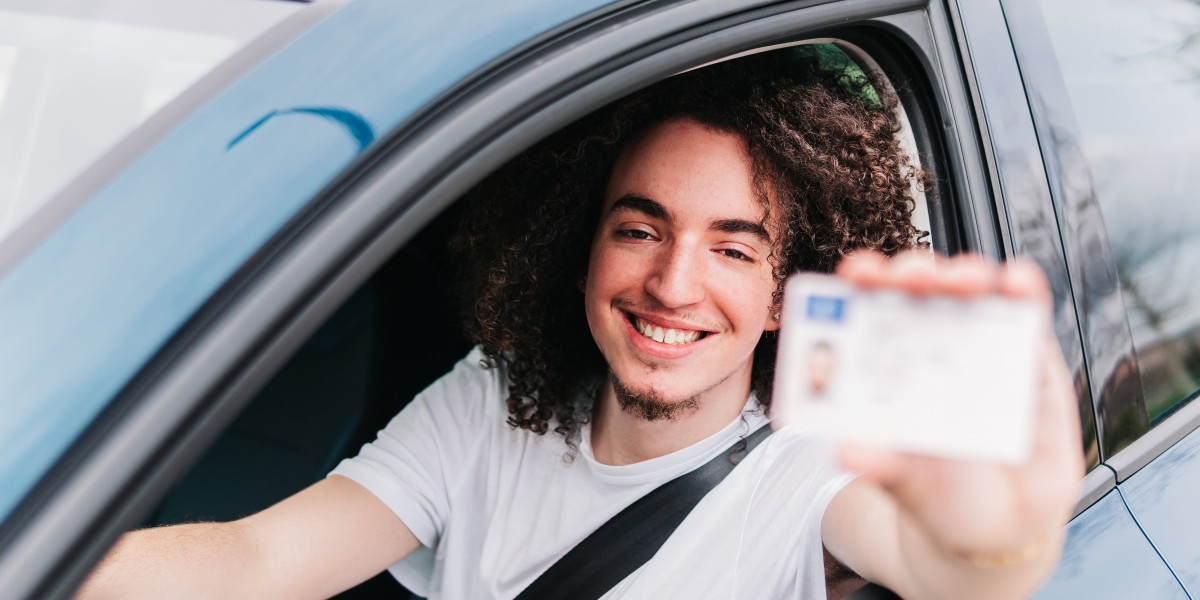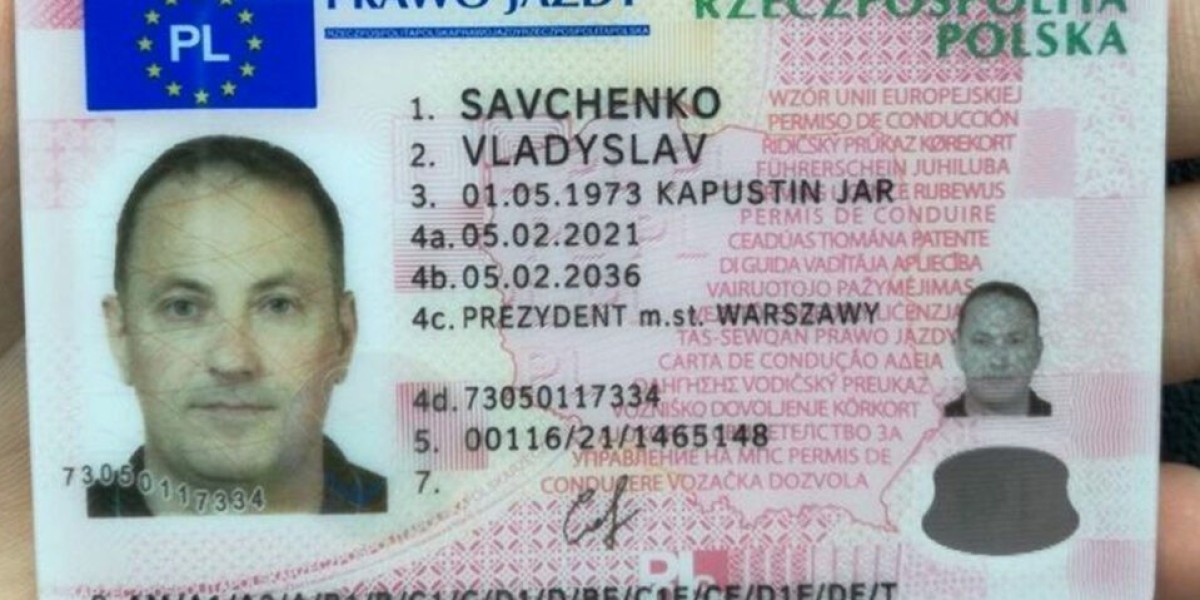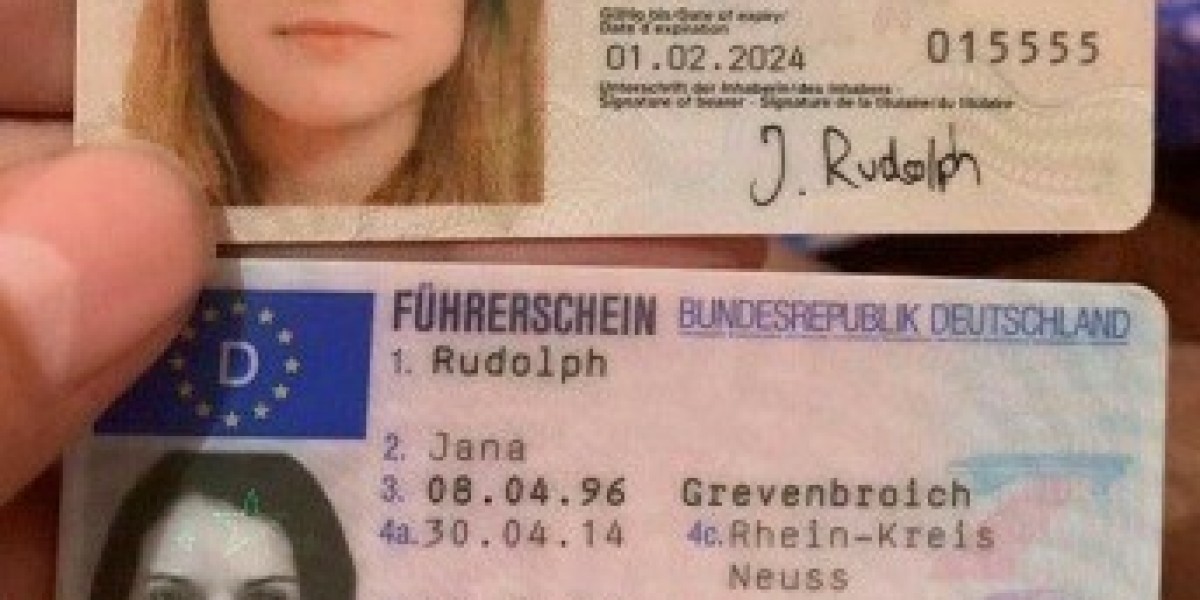Understanding the UK Driver's Licence: A Comprehensive Guide
Acquiring a driver's licence in the United Kingdom is a considerable turning point for many people. It not just signifies self-reliance however likewise supplies higher freedom in personal and expert elements of life. This short article aims to supply a detailed overview of the UK driver's licence, consisting of how to apply, various kinds of licences, and different policies related to driving in the UK.
Introduction of the UK Driver's Licence
In the UK, a driver's licence is a main file that permits a specific to operate automobile on public roads. The driving licence system in the UK is structured and managed by the Driver and Vehicle Licensing Agency (DVLA).
Kinds Of UK Driver's Licences
The UK uses a number of kinds of driving licences, each customized for different categories of lorries. These include:
Provisional Licence:
- Age Requirement: Minimum of 17 years
- Enables students to drive under certain conditions.
- Can not drive without a qualified driver accompanying them.
Complete Licence:
- Issued once a person has actually passed both the theory and useful driving tests.
- Different classifications available based upon automobile types:
- Category B: Cars
- Classification A: Motorcycles
- Classification C: Large products automobiles
- Category D: Buses
International Driving Permit (IDP):
- Required for driving in some foreign nations.
- Issued to UK licence holders at Post Office branches.
Temporary Licences:
- For people who may have lost their licence or are waiting for updates on their present licence.
The Application Process for a UK Driver's Licence
Getting a driver's licence in the UK includes several steps, whether for a provisional or full licence. Here are the necessary actions in detail:
Step 1: Obtain a Provisional Licence
- Eligibility: Individuals need to be at least 17 years old to apply.
- Application: Applications can be made online via the DVLA site or through paper types offered at post workplaces.
- Files Required:
- Proof of identity (passport or another main ID).
- National Insurance number (if offered).
- A postal address in Great Britain.
Step 2: Study for the Theory Test
- Material: The theory test consists of multiple-choice questions and a risk understanding test.
- Preparation: Various resources are available, consisting of online courses, apps, and books that aid in preparation.
Step 3: Pass the Theory Test
- The theory test should be cleared before trying the useful driving test.
Step 4: Practical Driving Test
- Learning and Instruction: A person can take driving lessons with a certified instructor or discover with an authorized accompanying driver.
- Booking the Test: Once positive in driving capabilities, prospects can reserve their practical test online.
- Test Components: The dry run examines driving skills, maneuvers, and real-world driving conditions.
Step 5: Receiving the Full Licence
- After successfully passing the practical driving test, the DVLA will release a full driving licence, which enables individuals to drive separately.
Rules and Regulations
Preserving a legitimate driving licence in the UK requires adherence to several rules and guidelines:
- Renewal: Licences must be restored every 10 years. Renewal can be done online or through paper application.
- Points System: The UK utilizes a charge points system. Certain traffic offences lead to points being added to a driver's licence, which can result in severe effects if the build-up surpasses a specific limit.
- Medical Conditions: Drivers should inform the DVLA of any medical condition that could affect their ability to drive.
Typical Challenges in Obtaining a Licence
Acquiring a driver's licence can sometimes be challenging. Here are some common difficulties dealt with by striving drivers and recommendations on how to tackle them:
- Nervousness During Tests: Many candidates experience anxiety during their theory or practical tests. It is recommended to take mock tests or take part in practice sessions to develop self-confidence.
- Failure to Pass Tests: If a private fails their tests, they can retake them after a specific waiting duration. Preparing with extra driving lessons or research study products can assist in subsequent efforts.
- Comprehending Rules: The complexities of roadway guidelines and policies might be overwhelming. Registering in a credible driving school can offer clearness and insight into these policies.
FAQ Section
1. How long does it take to get a driving licence in the UK?The timeline varies based upon the individual's learning rate. Usually, achieving a complete licence can take a few months, including learning time and the waiting duration for tests. 2. Can I drive while waiting for my full

licence?You can drive with your provisional licence if accompanied by a qualified driver who is at least 21 years of ages and has held a full licence for three or more years. 3. What do I do if I lose my driving licence?You can request a replacementlicence via the DVLA site or through post, offering required identification and paying the needed fee. 4. How much does it cost to get a driver's licence in the UK?Costs can differ significantly but typically consist of application costs , the theory test cost, dry run fees, and driving lessons. Overall, it may total countless pounds, depending on specific situations. 5. Exists a minimum variety of lessons I should take?There is no Official uk driving license minimum variety of lessons mandated. However, taking lessons up until you feel positive is advisable. Obtaining a driver's licence in the UK is a rewarding process that unlocks to movement and freedom. By comprehending the steps involved, the kinds of licences readily available, and the regulations governing driving, potential drivers can browse the system efficiently. Whether one is a learner or a knowledgeable driver, remaining notified on the most recent guidelines and best practices is important to make sure safe and responsible driving within the UK.







